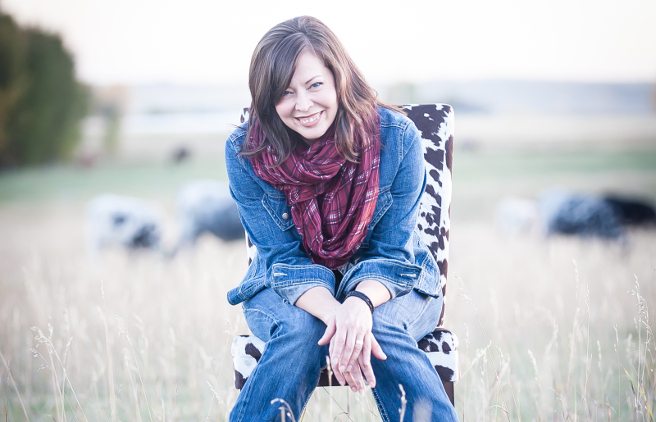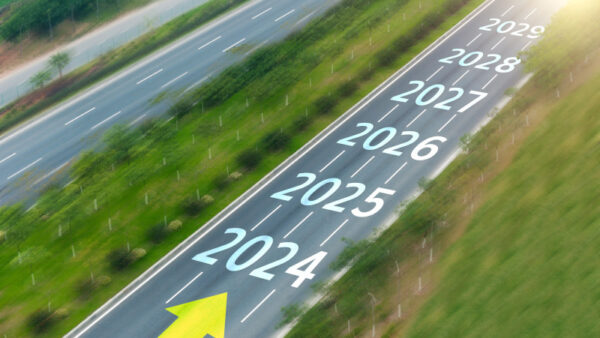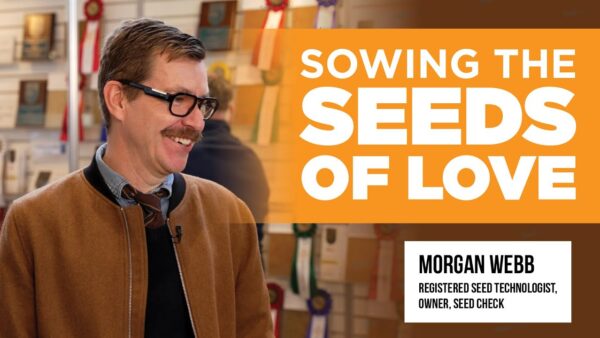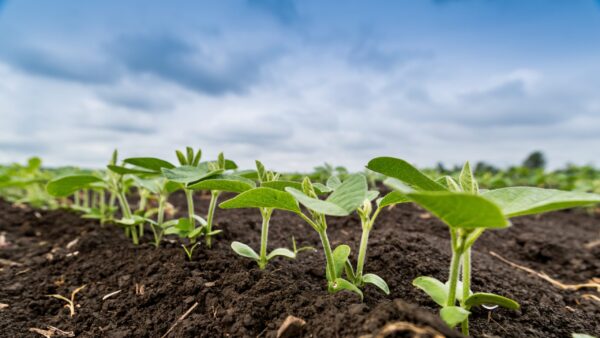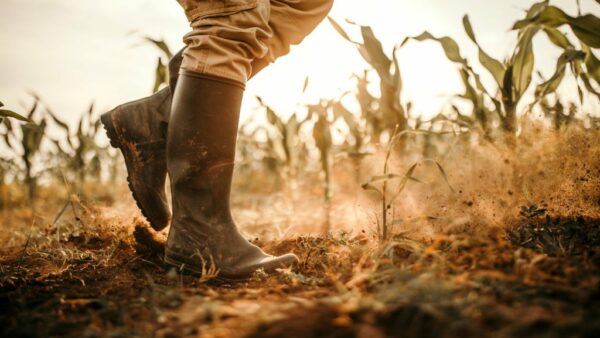
Germination presents a series of stories on the 20 most influential people in the seed sector in 2018. Want to nominate someone for 2019? Email mzienkiewicz@issuesink.com with the subject line “Top 20 nomination”!
Saskatchewan’s Cami Ryan finds herself in an interesting place these days — Missouri, where she works as social sciences lead with Monsanto’s Regulatory Policy and Scientific Affairs department.
It would be an understatement to say she’s influential. She was the 2017 recipient of CropLife Canada’s Grassroots Award for Stakeholder Outreach, and is currently serving on Genome Canada’s Science and Industry Advisory Committee. She’s helped redefine what a career in agriculture can look like, and also redefined how people in the seed industry think about consumers and their attitudes toward the food they eat.
She’s not what you’d think about when you hear the word “aggie”. She’s not a farmer but comes from a farming family. She’s not a scientist in the traditional sense. Yet her influence is huge.
For two decades, Ryan worked in the public sector, before making the transition to the private sector in 2014. She’s become known for her insights on how we can better communicate science in an increasingly complex world (especially on social media), but says she’s never really talked about what got her to where she is in the first place. She recently did that at the Advancing Women in Agriculture Conference held in Calgary, Alta.
“I use social media every day, but there’s something profoundly moving about sitting with someone face-to-face and exchanging life stories. There’s never been a better time for women to step out and say, ‘Yes, this is my job, but it’s also who I am as a human being. I suppose this story of mine has been percolating in the background for a long time. I like writing fiction and poetry, so I’m always thinking about the narrative arc in what I do,” she says.
“It’s happening more and more — I see so many farmers and other people telling their story and speaking about what they’re passionate about. This is the trajectory we’re going to have to continue going on as an industry, and these stories will matter more in the future.”
Why do those personal stories matter more? Because we create our personal reality through them, and that personal reality affects how we view the world around us, including the food we eat and the technologies we decide to get behind — something that makes all the difference in the world to the seed industry.
“As humans we get stuck in our biases easily — it’s a safe place to be. Sometimes magic can really happen if you push those boundaries and sit down with someone and understand how and why they think the way they do,” Ryan says.
Ryan has become known for telling her own stories not only as a form of personal catharsis, but as a way of illustrating how consumers form opinions that affect their viewpoints on issues like GMOs.
On her personal blog, she recently wrote about a car accident she was involved in during the 1980s, which resulted in the death of her unborn child.
“[After the accident], fear became a regular, unwelcome guest in my life. It took several months (dare I say years) before I could travel down that stretch of highway without experiencing anxiety. Our emotional responses shape our opinions and beliefs. Our opinions and beliefs are reinforced through our personal networks and once stuff gets stuck in our psyche, it’s pretty hard to displace it,” she writes.
“There’s an enduring ‘stickiness’ to images and ideas that are synonymous with our emotional responses. That’s why the word Frankenfood (and its associated images) has been so pervasive in how we view GM foods, and why people object more to GM food than to GMOs developed for other applications (such as insulin in the treatment of diabetes).”
At a time when every conceivable viewpoint that exists on Earth is broadcast live via Twitter every moment of the day, telling our personal stories is crucial, she adds — especially if those in seed and agriculture in general hope to effectively communicate with skeptical consumers.
“The minute you place boundaries around how you think, that’s when you have to push your mind to thinking beyond that.”


